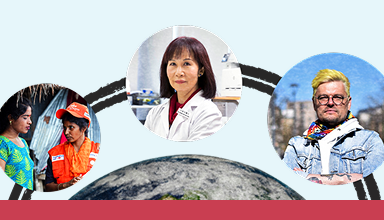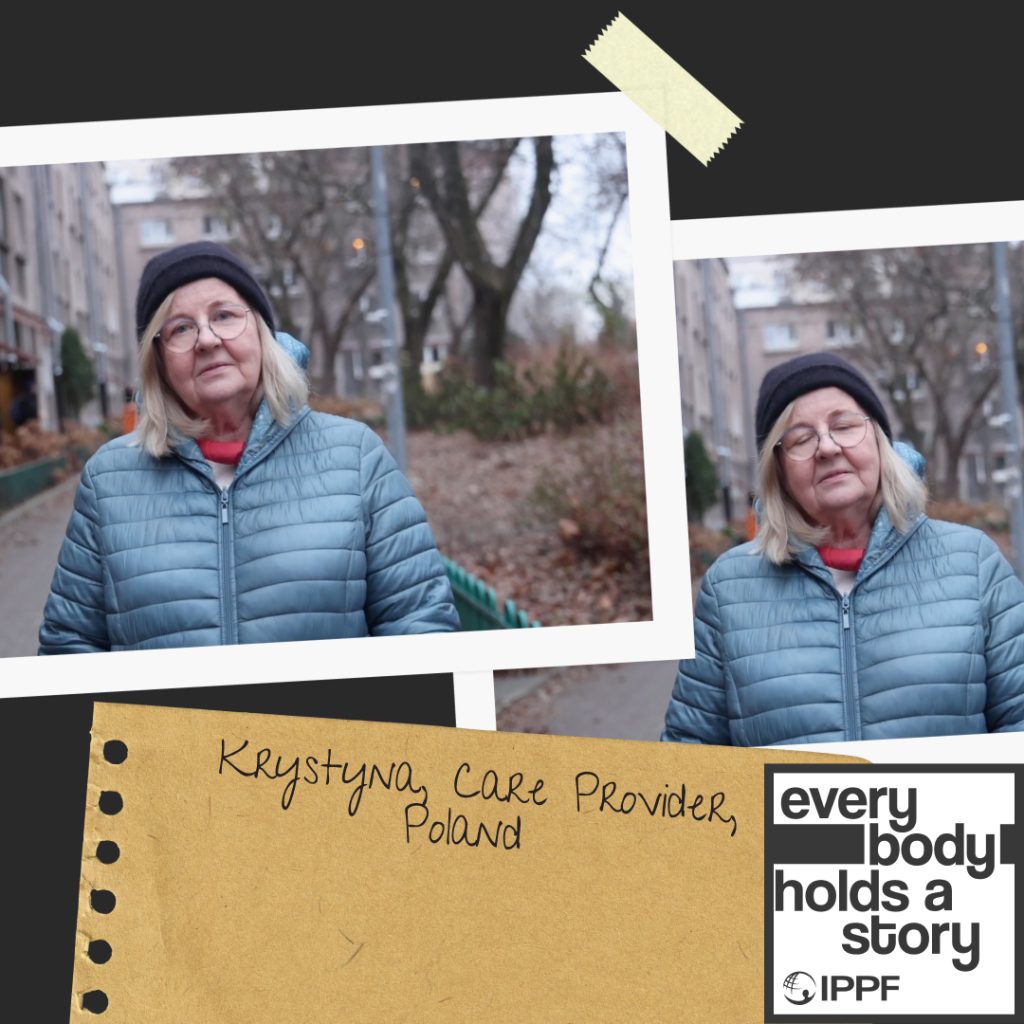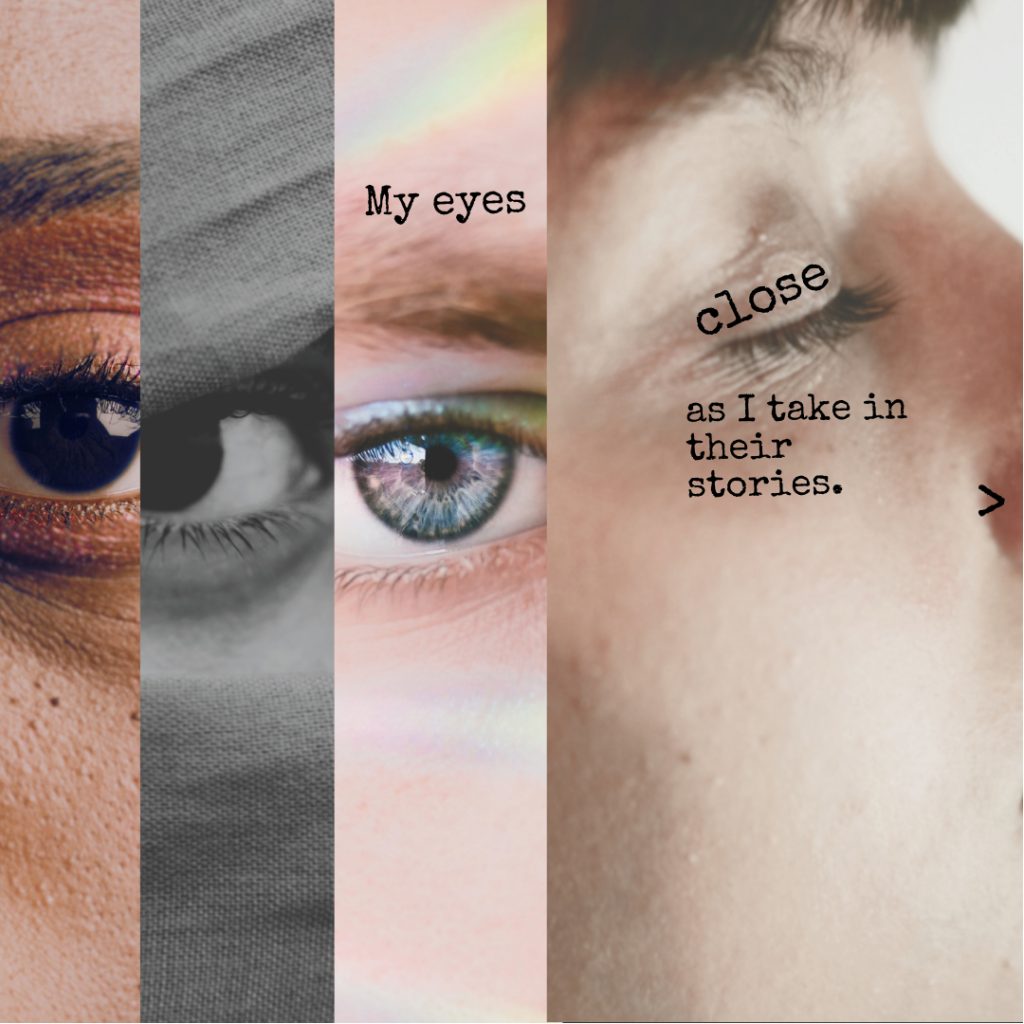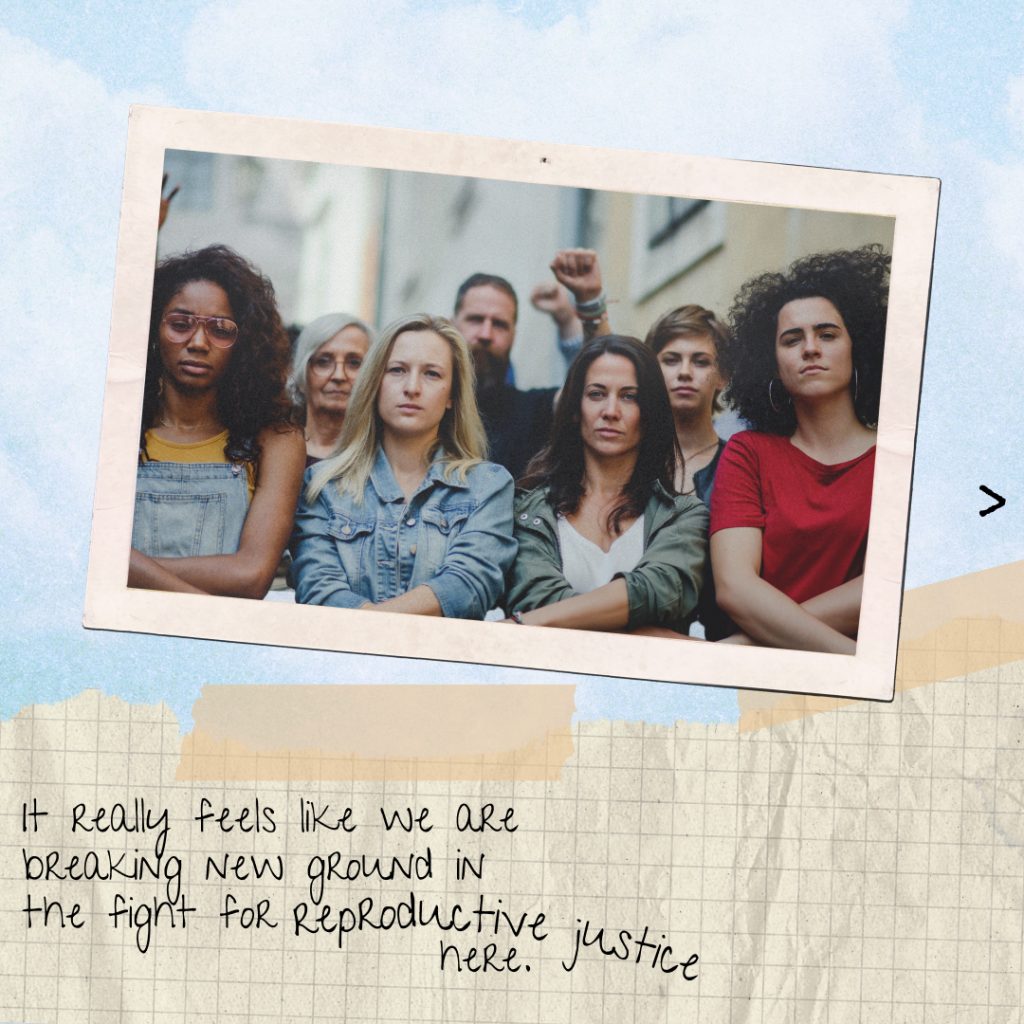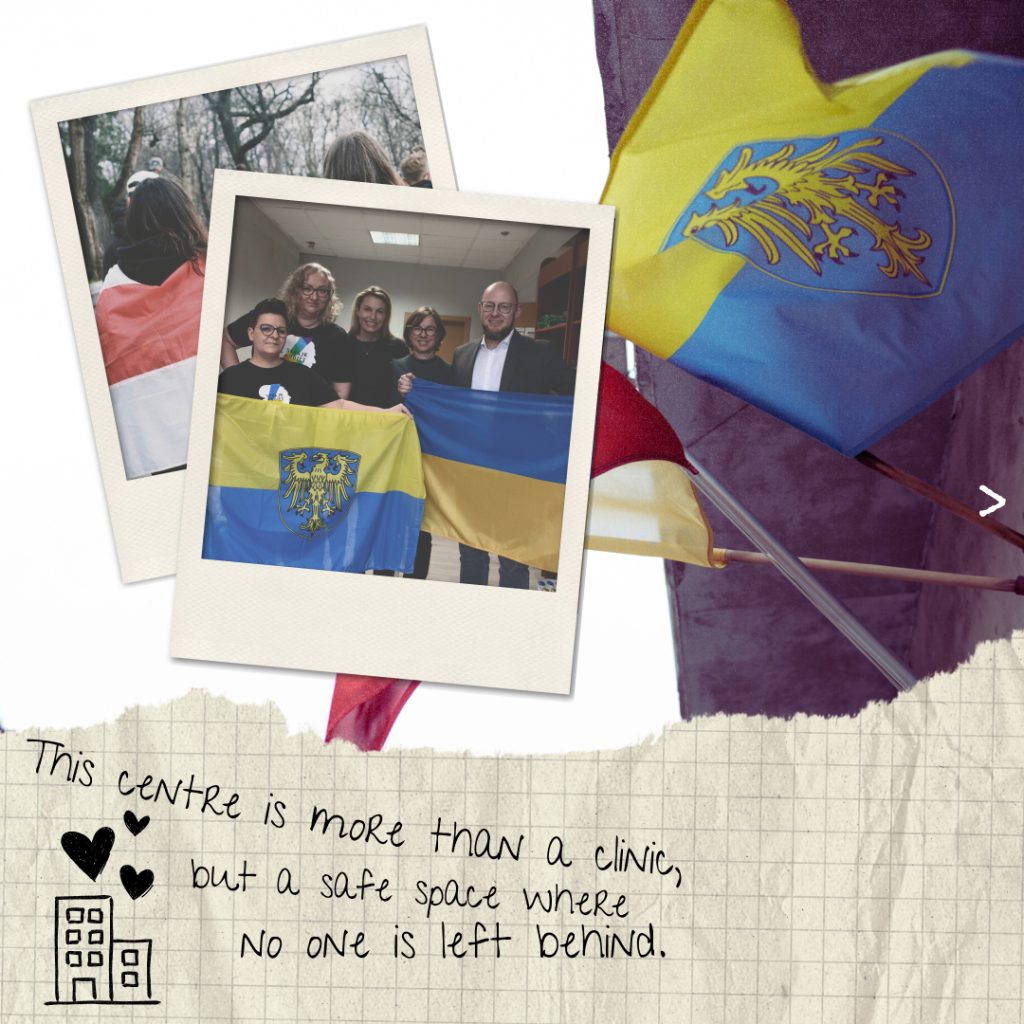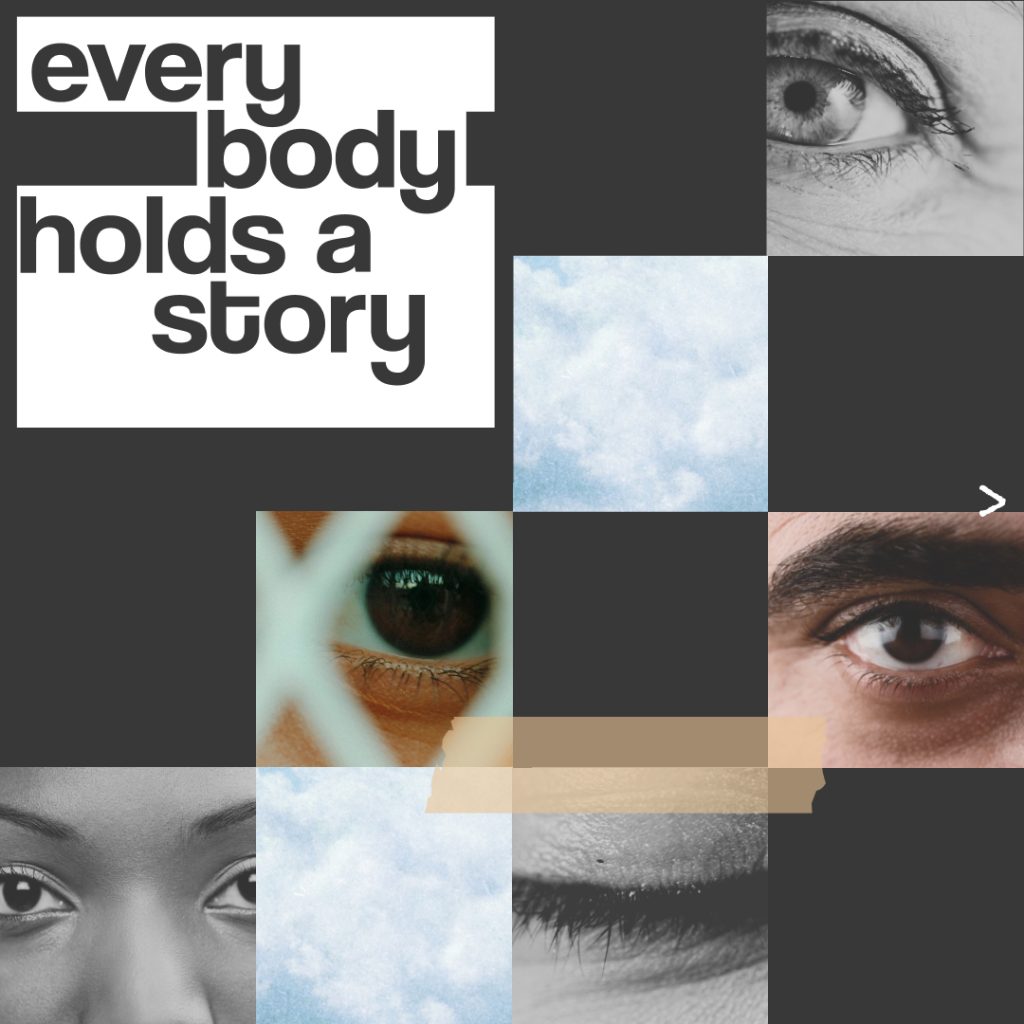Take action for sexual and reproductive freedom everywhere, for everyone.
Featured ActionOur greatest power is our solidarity.
Our greatest resistance is our resilience.
Our greatest strength is in action.
Let’s rise, together.
Explore The Outspoken Majority Playbook >
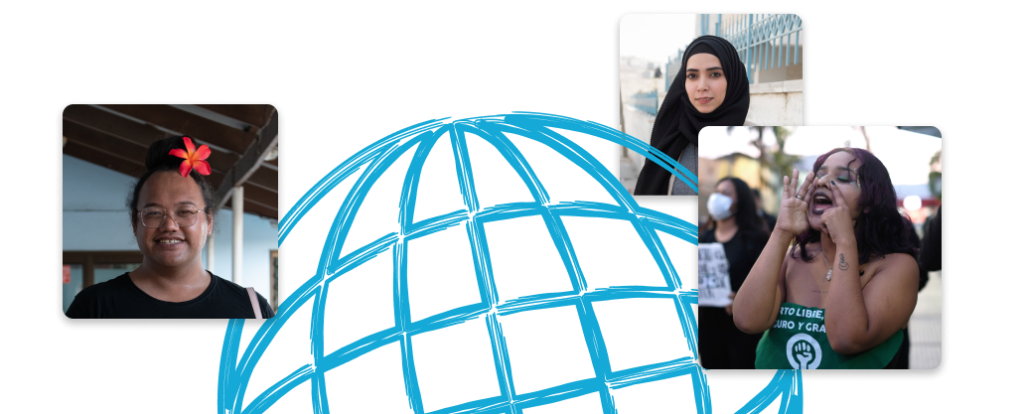
Take Action Now
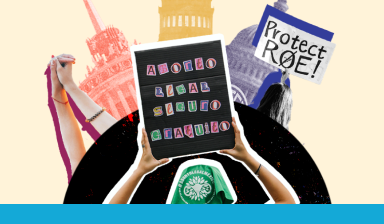
Pledge to Support Global Reproductive Health
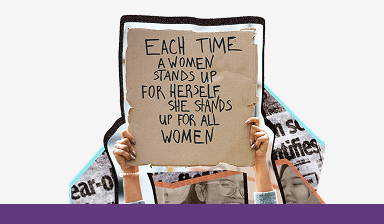
Join Our Community
